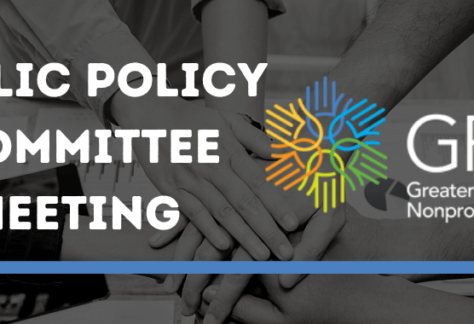View a recording of the call HERE.
“Today we are challenged and confronted by the brutal reality of COVID, but it offers us a chance to pivot. It offers us a chance to believe and dare to be different. I believe the work that Dr. Rogers and RAND is doing, leads us with a pathway to consider that.”
-Fred Brown, President and CEO of The Forbes Funds
Key Points
- Dr. Rogers’ work at the RAND Center to Advance Racial Equity Policy (CAREP) applies an equity lens asking “how are we making this better for all?” and has a repository of racial equity studies, dating back to 1954.
- There is so much power and potential in connecting rigorous research with impactful dialogue including community partners.
- Dr. Rogers’ uses participatory action research principles to identify and mitigate biases in methodological frameworks. Examples of this work include making sure algorithms used are not perpetuating biases, trusted messengers can ensure data collected at the top reflects actualities on the ground/inform the work directly, and due diligence is done to make those connections.
- Getting people from different sides and different backgrounds at the same table requires moving on from safe spaces to brave spaces. In the former, someone feels comfortable but they may not engage, while in the latter, they would feel respected enough and have the opportunity to speak their own truth. There should be dialogue rather than debate to move the conversation and needle forward.
- This is the first time where we as a culture have 8 distinct generations living at the same time and information is not communicated intergenerationally. We have to create multiple entry points for communication and interactions with policy and between groups.
- We need to move society and the way we think about cultures beyond equality studies, which says that you can have a universal baseline of knowledge, to equity studies, which says no one-size fits all because cultures and groups are distict and subcultures and subgroups have different needs and wants. If you make universal baselines, you are going to privelege some and marginalize others. Equity studies requires us to think of inequities between different groups and at different levels.
- DEI has been very competitive historically; we have to find ways to work as larger hubs to make this change sustainable.
- There are multiple types of wealth that challenge the way we have traditionally looked at philanthropy: financial wealth, communal wealth, and intellectual wealth. The wealths that are amplified also need to be diverse to change the narrative and make more inclusive ways of thinking.
Questions to Ask to Center Equity in Your Work
- What are we doing? What are we not doing? How do we make the changes we need to in order to move policy forward that is making an engaging impact for more people?”
- How do I reach different pockets and populations in my work? Who are the trusted messengers for the different groups? How are we interacting with them so we can truly move the needle forward and help them understand why that’s important? How are we articulating what we are saying at different levels?
- How are we disaggregating the data by “-isms” of structural biases?
- How am I taking the time to listen and diversify the voices we are trying to bring to the table?
- How am I thinking about diversifying my portfolio to create opportunity, voice and space? Am I bringing in underrepresented voices? Am I thinking about who might be excluded from baselines of inclusion? How might I be able to think differently about those baselines or make opportunities for including others?
- When thinking about the broader picture, am I making sure that when looking at the data, I am looking at ways to bring in voices that have been marginalized? Am I circling back with groups?
Updates and Resources from The Forbes Funds and GPNP
- Brandon Forbes from the Allegheny County Department of Human Services was a guest speaker during the last Public Policy Committee Meeting and shared that on Thursday, January 27th at 4:30 PM there will be a DHS Providers Call via Zoom (Register HERE) to review the DHS Priorities for this year. Focus areas include reducing interactions with coercive government systems (reducing size of Allegheny County jail, reducing the number of people in criminal justice system with behavioral health needs, pre-empting CYF acceptances, opiod prevention, and law enforcement-assisted diversion) and increasing the number of people enrolled in and utilizing public assistance programs.
- The Good to Great: Board Governance, Leadership, and Engagement cohort with Debra Caplan is now accepting applications and will begin at the end of February. Learn more and register HERE.
- The Nonprofit Resilience & Partnership cohort has 2 spaces available and is beginning this week. Learn more and register HERE.
- Emerging Directors of Nonprofit Development Cohort is now accepting applications. Learn more and register HERE.
Links and Resources Shared
Subscribe to Forward Newsletter from RAND Center to Advance Racial Equity Policy
Spotlight PA COVID-19 Live Tracker
Link to Allegheny County COVID-19 Testing Sites through Curative
National Day of Racial and Cultural Healing on January 25th with a Panel Discussion (3PM) and Proclamation (5PM)



My favorite Community call to-date. It was enjoyable to hear from Dr. Rhianna Rogers about the work she is up to with DE&I and the new media innovations product she is rolling out, from games to interactive and digital media offerings to make information more accessible. Thanks for sharing, Emily!